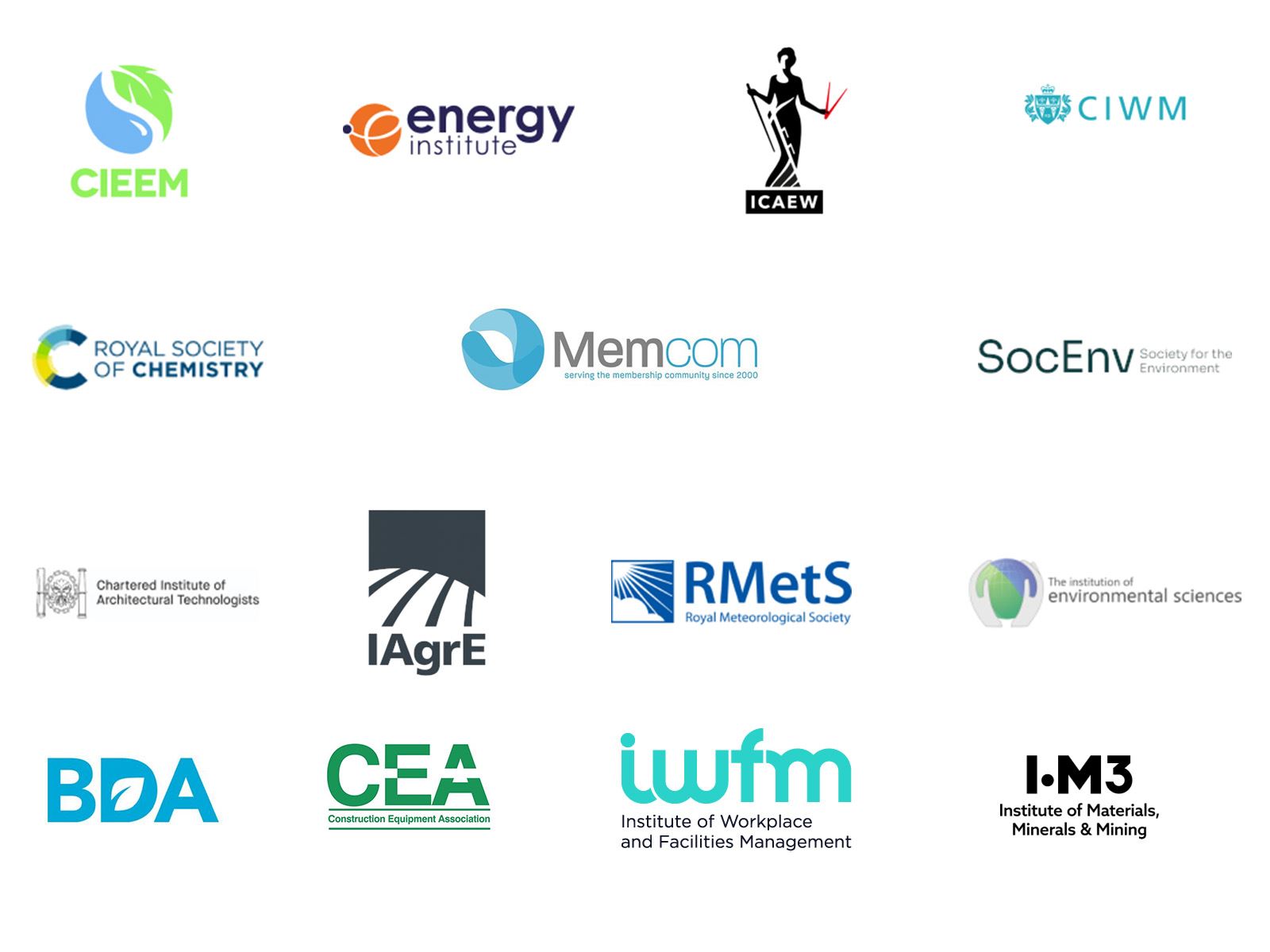Following Prime Minister Rishi Sunak’s announcements on net zero policy this week, we have joined forces with a large number of cross-industry professional bodies to issue a statement, which has been published in today’s Times newspaper.
Many of those listed are supporters and signatories to the Professional Bodies Climate Action Charter.
Full statement and signatories
As supporters of the Professional Bodies Climate Action Charter, we represent hundreds of thousands of professional members globally, across a wide range of sectors, from science and engineering, health, construction and finance. Our members are deeply concerned that policy announcements by the Prime Minister this week call into question the government’s commitment to delivering the UK’s net-zero and adaptation targets. Investment is jeopardised by policy reversals, as is certainty on skills needed for the creation of green jobs in the future workforce.
The ongoing cost of living crisis and this summer’s extreme heat waves in the US, China and Europe have highlighted the acute risks if the UK Government does not proactively deliver a strategic approach to net zero. If the objectives of the Climate Change Act are not delivered, future crises will surely follow.
Fully implementing the Net Zero Strategy, which included the end dates of 2030 for the sale of new combustion engine vehicles and 2035 for gas boilers, could create another 440,000 well-paying jobs and unlock £90 billion in private investment by 2030. Professionals need a stable policy framework, guidance and training to align their sectors with net zero and reap the opportunities granted by the global transition. This will be reliant on a wider economic transition to net zero, across a range of sectors, supported by consistent policies, including strategic public investment and clear market signals from a coherent direction of travel.
Colin Church, CEO, Institute of Materials, Minerals & Mining and chair of Professional Bodies Climate Action Charter steering group; Liz Stockley, CEO British Dietetic Association; Suneeta Johal, CEO, Construction Equipment Association; Joanne Rowlands, Project Management Executive, Chartered Institute of Architectural Technologists; Sally Hayns, CEO, Chartered Institute of Ecology and Environmental Management; Lee Marshall, Policy and External Affairs Director, Chartered Institute of Waste Management; Nick Wayth, CEO, Energy Institute; Charles Nicklin, CEO, Institution of Agricultural Engineers; Michael Izza, Chief Executive, Institute of Chartered Accountants in England and Wales; Sarah Mukherjee, CEO, Institute of Environmental Management and Assessment; Adam Donnan, CEO, Institution of Environmental Sciences; Linda Hausmanis, CEO, Institute of Workplace and Facilities Management; Julian Smith, Executive Director, memcom; Liz Bentley, CEO, Royal Meteorological Society; Helen Pain, CEO, Royal Society of Chemistry; Emma Wilcox, CEO, Society for the Environment
Royal Society of Chemistry Trustee and CBI Humber Cluster Director, Jonathan Oxley said: “Whilst the policy changes proposed on Wednesday this week might be considered by some to be pragmatic and limited to specific areas, they represent a concerning change in direction of travel for the UK’s net zero climate change ambition.
“The UK has long been recognised internationally as a leader in both the theory and practice of approach to net zero, and some of our leading UK companies, employing scientists and engineers, have won overseas work on the strength of our bold approach.
“A softening – real or perceived – will harm our globally-leading position, adversely impact international order books and risk delaying how we can put the power of chemical sciences (OR science and engineering) to good effect in providing the goods and services businesses and people want, whilst reducing our adverse impact on the planet.”

